The 10 biggest disappointments of the Premier League season
This collection of lamentable episodes from the campaign so far have sent Seb Stafford-Bloor scurrying to his keyboard
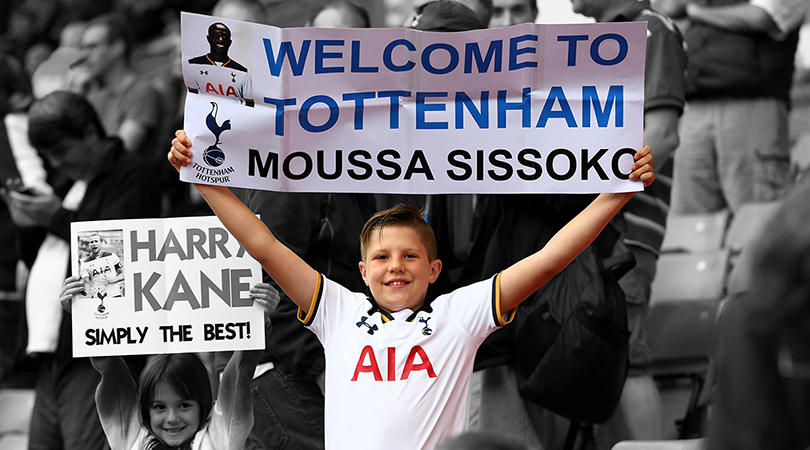
Claudio Ranieri's sacking
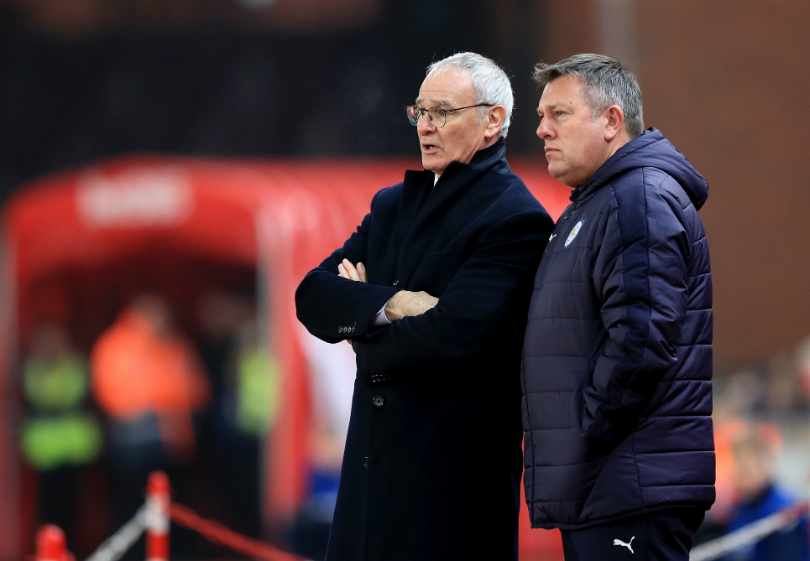
Not to re-open this wound, or to dress Ranieri’s sacking in preposterous "end of football" hyperbole, but Leicester’s early-season form confirmed that, really, there’s no place for sentiment in the sport. No matter how great the success and how plentiful the resulting praise, the fragility of the modern player’s ego means that it will always have a half-life. For some, the tipping point arrives when new contracts are negotiated, team-mates are transferred, and an unofficial hierarchy of responsibility starts to develop.
We know, of course, that Ranieri’s departure came as the result of many different issues and that, in hindsight, it was the right decision. However, the speed at which all of the goodwill surrounding Leicester dissipated was an unwelcome reminder that this is a business and football never loses its hard, unfeeling edge.
Pep Guardiola's performance at Manchester City
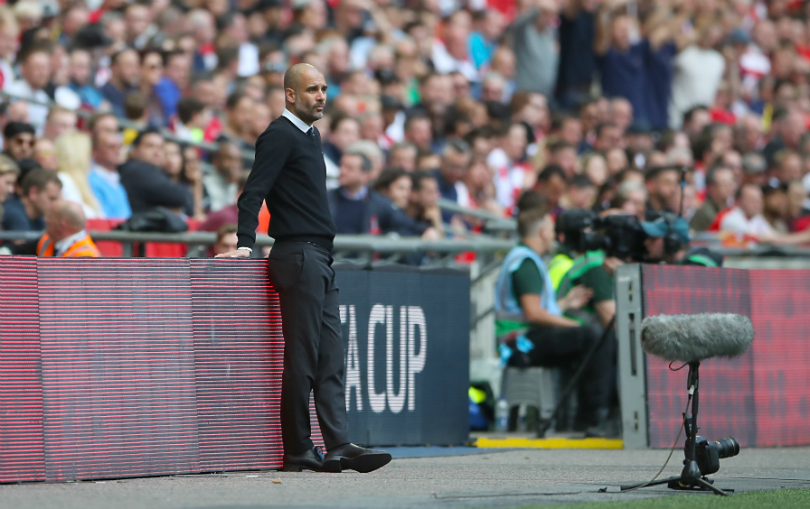
Forget the league table, the Champions League performance and the failure to win any silverware; wasn’t Guardiola meant to be more interesting than this?
His press conference surliness was anticipated, but wasn’t he supposed to bring a rich tapestry of football, threaded with smart retention, half-space exploitation and fascinating off-the-ball movement? Guardiola may represent plain success, but as the ultimate coaching neophyte, his arrival in this country was meant to be a more educational experience.
Have Manchester City improved? Probably, but that’s not really the point. Gifted as they are, they remain one of those powerful-but-flawed English teams that Guardiola’s acolytes used to enjoy sneering at in the past. Their hero is European football’s most renowned ideologue and a man with a seemingly inexhaustible appetite for variation and tactical detail. To date, though, his side remain a jumble of contradictory ideas, bookended by the legacies of an appalling goalkeeping decision and a half-decade of dreadful defensive recruitment.
Get FourFourTwo Newsletter
The best features, fun and footballing quizzes, straight to your inbox every week.
Guardiola inherited some substiantial issues, certainly, but his inability to properly indoctrinate his new players has been highly underwhelming.
The escalation in agents' fees
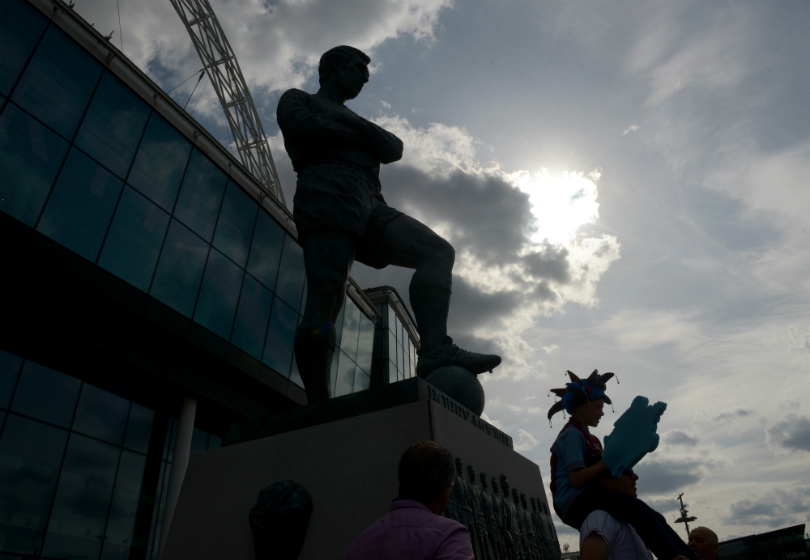
At the beginning of April, the BBC reported that payments made by English clubs to agents had risen 38% over the last year. Between February 2016 and January 2017, the total spending amounted to £220m, of which £174m was made by Premier League sides.
That isn’t to point figures at individual clubs, because that’s a false economy: agenting practices have always targeted those with the most money and most ambition. But it still provides another unwelcome reminder of just how much money is allowed to leak out of the game.
There are currently around 2,000 licenced agents in this country, swollen from 500 after the simplification of the qualifying process, and that seems to be supplying the stream of never-ending, subversive anecdotes. Nobility and honesty haven’t been drained from the profession entirely, but those qualities have been diluted by an influx of chancers: those who exist by crowbarring their way into transfer dealings and extracting a lucrative percentage. The third-party leech. They are the cost of under-regulation - and the lack of retaliation they face is difficult to bear.
And why is it so galling? Because, when that money leaves the sport, which ever-reliable, ever-willing group are asked to feed it back in? As always, it’s the supporter. Pick the bill up on your way into the stadium and leave your wallet at the turnstile.
Muhamed Besic’s season-ending injury
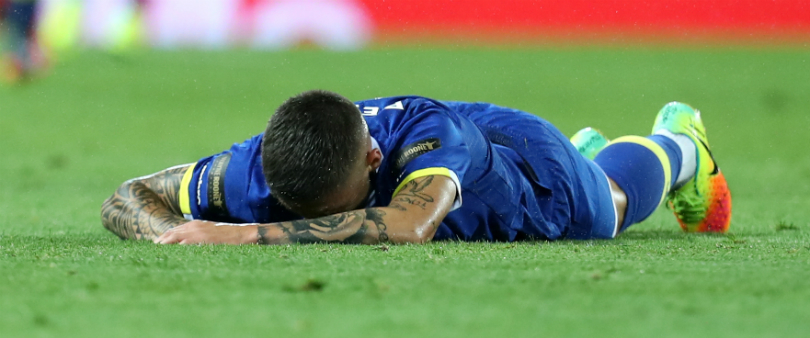
Ronald Koeman’s time at Southampton was associated with organisation and defensive resilience. In particular, he had a profound effect on a series of defensive midfielders, including Morgan Schneiderlin, Victor Wanyama and Oriol Romeu, who all improved noticeably under his guidance.
Besic is more talented than all of those players, though, so the prospect of watching the Bosnian - with his rare blend of tenacity and technique - operate within the hard shell of a Koeman team was genuinely intriguing. Under Roberto Martinez, he may have been a victim of the team’s chaotic balance, but every impressionable midfielder at Goodison Park has developed since Koeman’s arrival. He managed to solve Ross Barkley, English football’s greatest condundrum, so imagine what he might have been able to make from Besic’s raw materials?
Sadly, the egg cracked before it got to the pan: before the season started, Besic damaged his cruciate ligaments while playing in Wayne Rooney’s testimonial and hasn’t been seen since. Unfortunately, that’s become rather typical of his career: the moment he seems primed to fulfil his potential, circumstances intervene and the world is forced to forget him. One day he'll surely be a star.
Sam Allardyce's departure from Sunderland
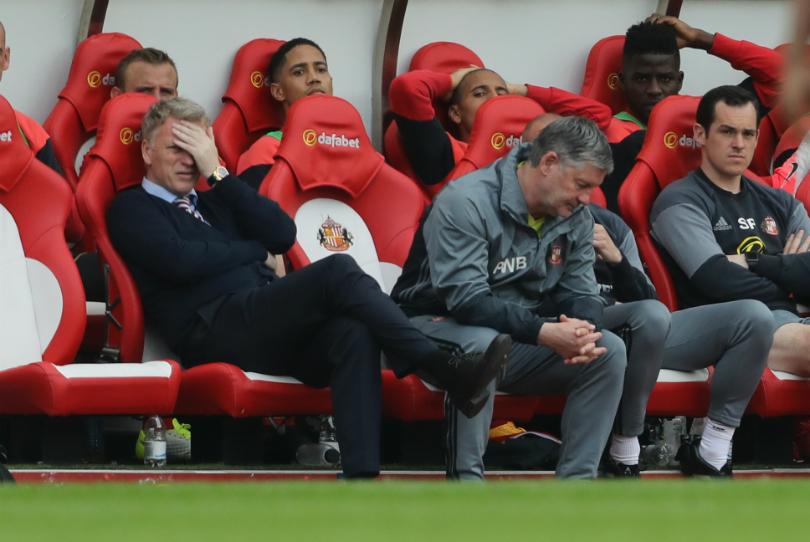
Sunderland’s doom cycle is almost complete, with their relegation now all but a mathematical certainty.
However, even the most hard-hearted Geordie would concede that, had Sam Allardyce not been pilfered by the FA, things might have been different. Sunderland have spiked at the end of seasons before and miraculous escapes from relegation are nothing new at the Stadium Of Light. But the tail end of last year seemed different: Allardyce genuinely interrupted the misery and Sunderland briefly threatened to be something other than top-flight cannon-fodder.
Given the club’s reversion to their depressing norm since, and the subsequent pointlessness of Allardyce’s departure, this is really more tragedy than disappointment and amounted to the cruel teasing of a set of supporters whose resting state is misery.
Middlesbrough’s approach to survival
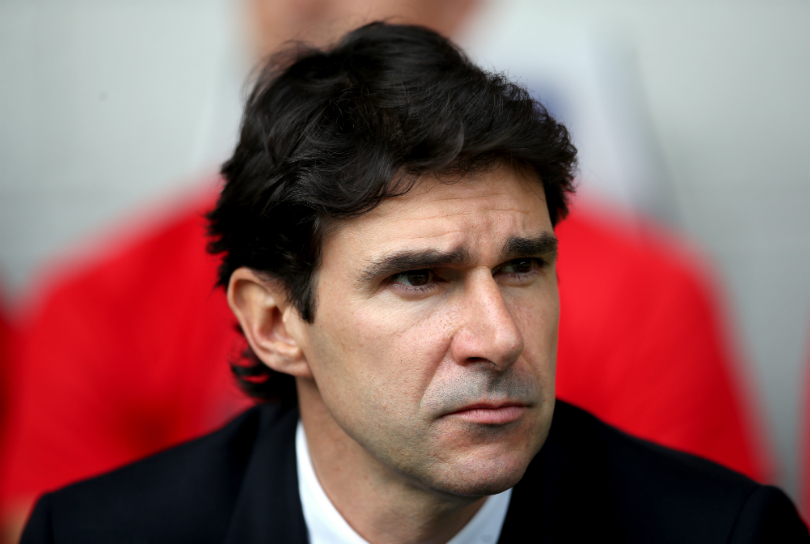
One of the pillars of Middlesbrough’s promotion was their defensive record in the Championship, so it would admittedly have been strange had Aitor Karanka altered his approach at a higher level. However, when the autopsy is written on Boro’s relegation, it will note that - really - they went down because they weren’t brave enough to survive.
Sometimes sides struggle for confidence in the first season following promotion and that translates to a certain on-field reticence. This wasn’t that, though: this side has been negative by design and have spent the year voluntarily isolating their forwards and moving the ball upfield at glacial speed. At the time of writing, they’ve averaged just 2.6 shots per game despite being 10th in the division for average possession (48.9%).
When Karanka started to feel the natives' displeasure at the Riverside, the rest of the country blinked in disbelief. Surely not? Those who looked beneath the surface, however, understood it perfectly and recognised that, with healthier footballing ratios, this team could have survived.
The treatment of Arsene Wenger
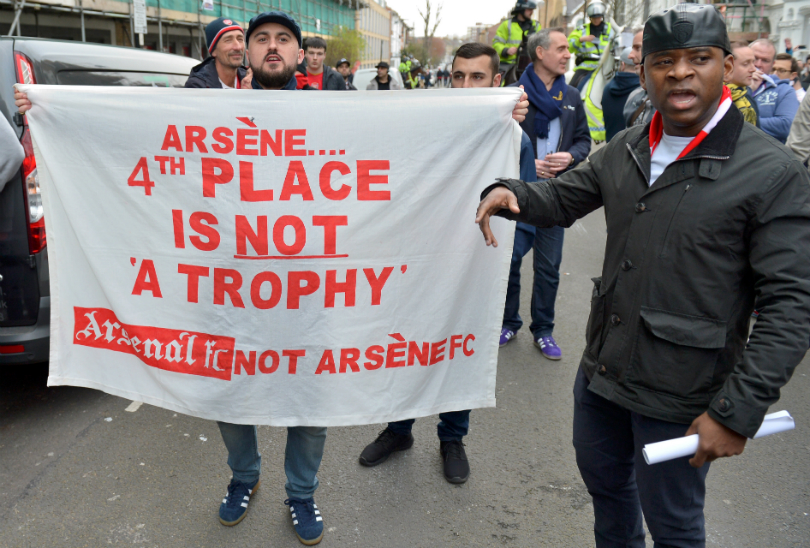
Arsenal belong in context, so comparing their fortunes to the plight of, say, Leyton Orient or Coventry is disingenuous. Within the realm of their own expectation, the club’s fans do judge their team on its own past.
But approach this from a human level: Arsene Wenger is a gentleman of the game and has left an indelible mark on English football which will endure long after his retirement. To subject him to such circus-like belittlement - the banners, the marches, the planes (!) - after over two decades of service is reprehensible. Managers grow old and their ideas sometimes age with them, but that doesn’t necessitate or excuse the level of bile which he's had to suffer.
We’ve all heard the arguments and tolerated the look-at-me theatre on YouTube and, even cumulatively, it amounts to an extremely weak case. Football works in cycles, it always will, and Wenger has overcome some tall financial obstacles to consistently deliver Champions League football, periodic (albeit not sustained) title challenges and some of the most watchable play in the country.
Yes, they pay their money and they’re entitled to their opinions and disatisfaction, but he’s owed something too - certainly more than that giggling, posturing, selfie-taking carnival of quasi-protest which took place before the game with Lincoln. History will rightly remember Wenger kindly, but this is a stain the supporters will have to wear for some time after he’s gone.
Swansea’s ideological meltdown
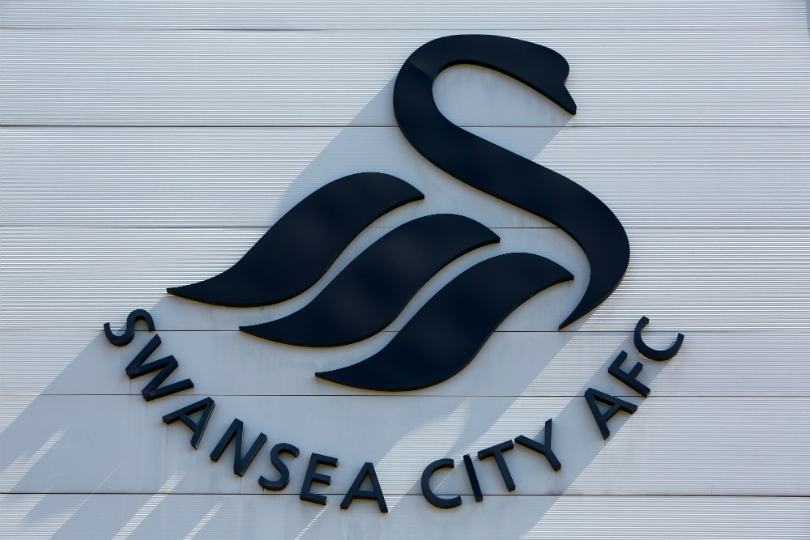
Swansea may yet survive relegation. After all the early-season drama, Paul Clement has overseen an improvement and, while still flawed, his team are capable of accumulating the points needed to survive.
Nevertheless: once the Premier League’s model citizens, Swansea’s reputation for calm, logical decision-making has been tarnished by their detachment from their Supporters’ Trust. A reconciliation is under way, with Jason Levien and Steve Kaplan making some of the right noises at a recent clear-the-air summit, but the lack of consultation between Huw Jenkins and the supporters about that sale has damaged boardroom/terrace relations permanently.
Consider the journey that has been undertaken from the foot of League Two and the role played by the fans within that. Then understand that to cast them aside at this point in the club’s history amounts almost to treachery.
Maybe this is the adult equivalent of discovering that Father Christmas isn’t real, but for many years Swansea have been able to balance top-flight ambition with a wonderfully antiquated sense of decency. The past year has shattered that illusion, though, and proven that no matter how thick the “in this together” facade is, fans can always be shunted aside when financial interest is at stake. This was the season when Swansea lost their halo.
Viktor Fischer’s lack of impact
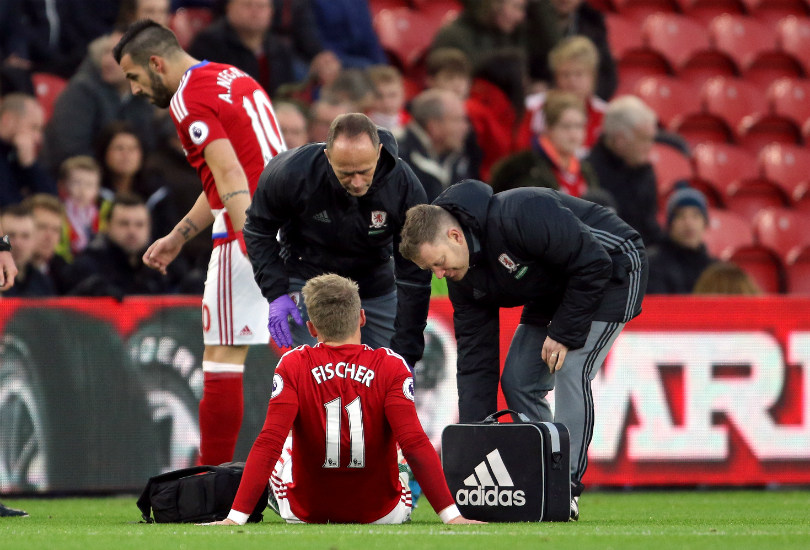
It did sound too good to be true. The world has been aware of Fischer since he scored a hat-trick against Liverpool in a 2012 NextGen series fixture. That promise extended into the professional game, too, with his dashes of skill and goalscoring bite helping Ajax to back-to-back Eredivisie titles and him personally to full international honours with Denmark.
So how does a player like that end up at Middlesbrough? Well - sadly - because he’s damaged goods: a troublesome thigh injury in 2014 stole a year of his career and seems to have forcefully decategorised his ability. He arrived at the Riverside for a knockdown price at the beginning of the season and has made just four Premier League appearances since. Injuries have conspired against him and, admittedly, Karanka’s anaemic forward line was no place for a player of his skill set, but this has still been a crushing let-down.
Given his fragility, Fischer’s move to an attritional league was only ever likely to be a roaring success or a desperate failure and, so far, it’s been the latter.
Tottenham signing Moussa Sissoko
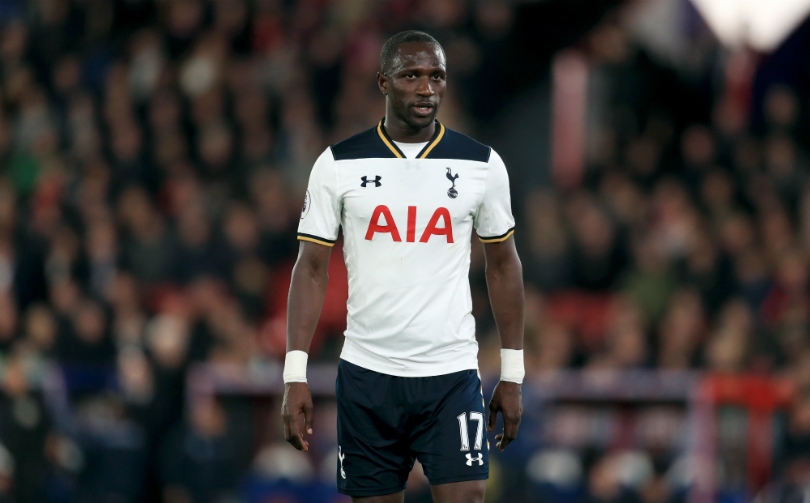
The breaking of a club transfer record should be a symbolic moment, one which heralds the arrival of a new era of ambition and possibility.
This, conclusively, was not that. When the deal was announced in the twilight hours of the winter deadline, the cackles from Tyneside were as loud as the groans from north London; not only has this proven to be a terrible transfer, but shown to have been a mistake for all the reasons people assumed it would be. Having spent the entire summer watching other clubs conclude their business early, Tottenham - in a nostalgic swish of Levyism - waited until the very last moment and until the transfer shelves were at their barest.
And then, with a flourish of self-defeat, they exhausted their transfer budget on a substitute who can’t trap a football. The point is not to belittle Sissoko, but really to wonder what Tottenham might have been capable of this season, domestically and in Europe, had Pochettino’s team had been garnished with a player actually worth that kind of money.
The margins at the top of the table are always extremely thin and generally defined by the bounce of a ball, luck with injuries, or perhaps the ability to concentrate on just one competition. In this case, though, it's hard to believe that the current gap to Chelsea would be what it is if Spurs had got better value for money.
Seb Stafford-Bloor is a football writer at Tifo Football and member of the Football Writers' Association. He was formerly a regularly columnist for the FourFourTwo website, covering all aspects of the game, including tactical analysis, reaction pieces, longer-term trends and critiquing the increasingly shady business of football's financial side and authorities' decision-making.
